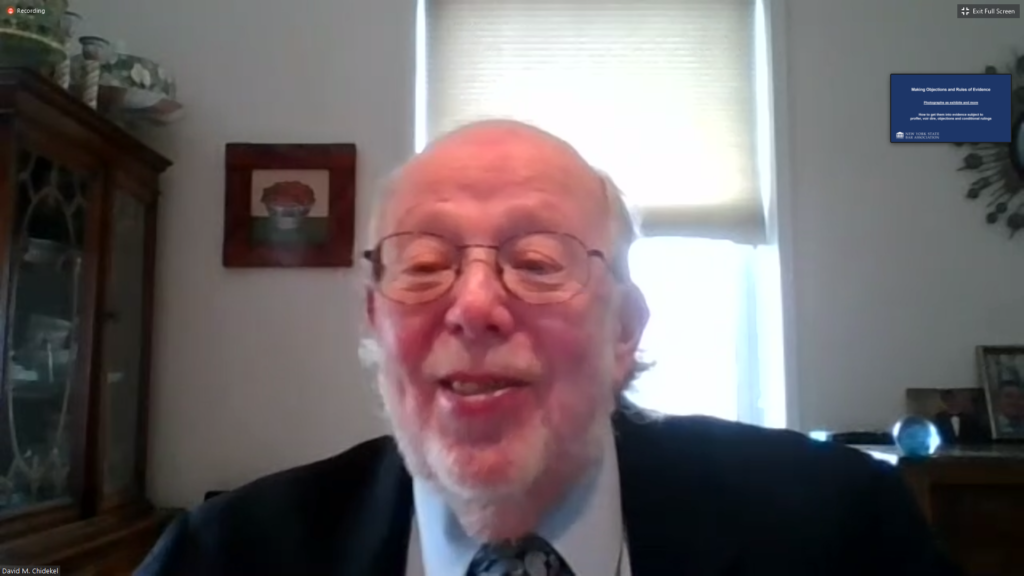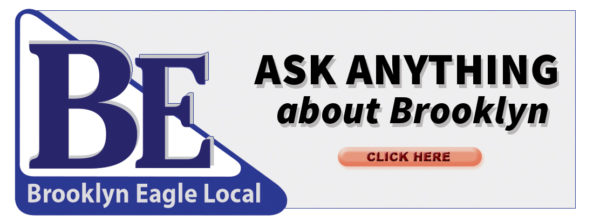Past Brooklyn Bar Association president participates in NYSBA trial academy

 Past Brooklyn Bar Association President David Chidekel participated in this year’s New York State Bar Association Trial Academy Virtual Conference webinar.
Past Brooklyn Bar Association President David Chidekel participated in this year’s New York State Bar Association Trial Academy Virtual Conference webinar.
The annual event typically takes place at Cornell Law School, but in the midst of the pandemic, the State Bar Association decided to hold a virtual conference instead that started on June 19 and will last through Dec. 17.
“We are offering a 13-part webinar series running through to December 2020, detailing trial techniques you won’t find anywhere else,” said NYSBA Secretary Sherry Levin Wallach. “From ‘Handling a Virtual Hearing’ to ‘Expert Testimony,’ we’ve created trial programs to cover topics during our current virtual climate, as well as planning ahead for a return to the new normal.”

Brooklyn Boro
View MoreNew York City’s most populous borough, Brooklyn, is home to nearly 2.6 million residents. If Brooklyn were an independent city it would be the fourth largest city in the United States. While Brooklyn has become the epitome of ‘cool and hip’ in recent years, for those that were born here, raised families here and improved communities over the years, Brooklyn has never been ‘uncool’.